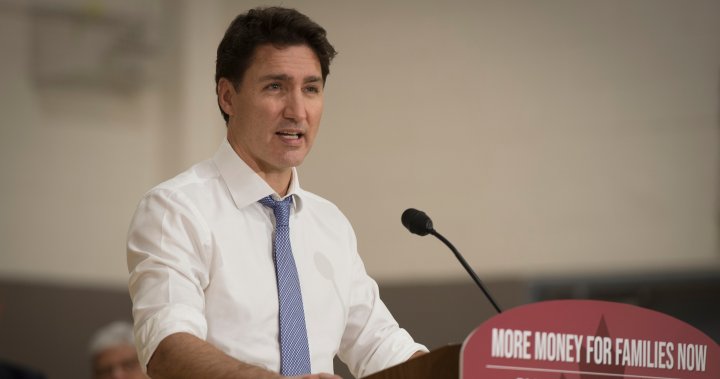
Trudeau weighing ‘all options’ on notwithstanding clause use amid CUPE Ontario strike
Global News
The notwithstanding clause gives provincial legislatures or Parliament the ability, through passage of law, to override certain portions of the Charter of Rights and Freedoms.
Prime Minister Justin Trudeau says his government is weighing “all different options” when asked Friday whether Ottawa will seek to amend the use of the controversial notwithstanding clause.
Trudeau’s comments come as 55,000 Ontario education workers took to the picket lines on Friday in defiance of the provincial government, which passed a law Thursday pre-emptively using the notwithstanding clause to make job action “illegal.”
“This is something all Canadians who value the freedoms, the rights, the opportunities that Canada gives them and gives us all, should be standing up to be very concerned about,” Trudeau told reporters during a news conference in North York, Ont.
“And yes, this is the federal government that stands up for people’s rights and freedoms and we are absolutely looking at all different options.”
Trudeau had been asked by a reporter whether he would consider potential legislative amendments to change when the controversial notwithstanding clause can be used.
The law involving the notwithstanding clause came after Ontario’s Progressive-Conservative government could not reach an agreement with the Canadian Union of Public Employees. The union has been seeking wage increases for the education workers, and indicated it would strike on Friday if an agreement was not met.
In response, Premier Doug Ford’s government pre-emptively passed a law that banned a strike, and set fines for violating the ban of up to $4,000 per employee per day — which could amount to $220 million for all 55,000 workers — and up to $500,000 per day for the union.
CUPE has said it will fight the fines, and that its job actions will continue indefinitely.













